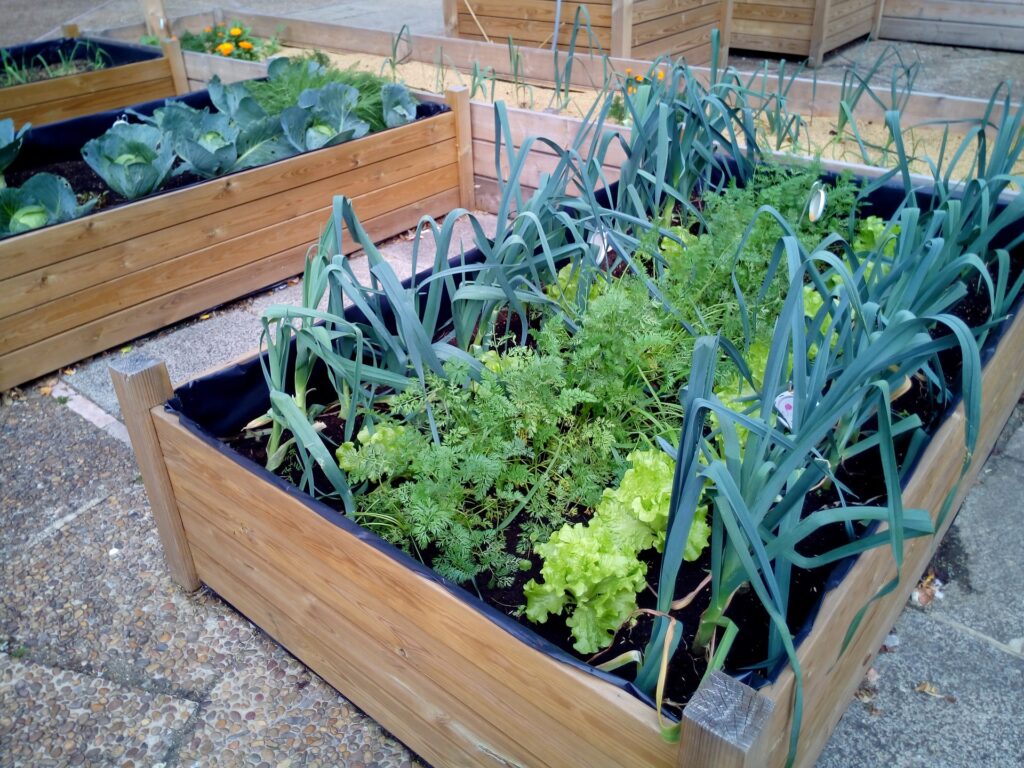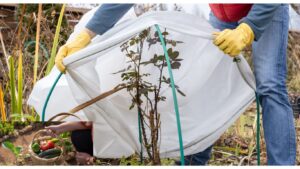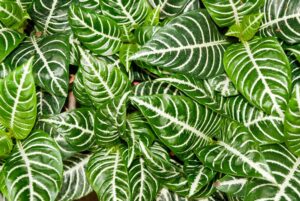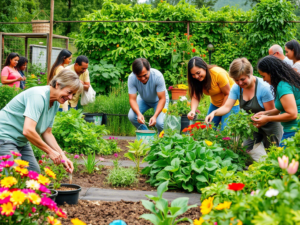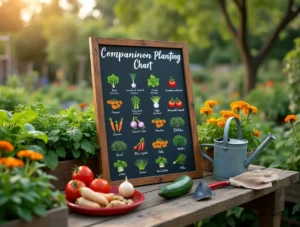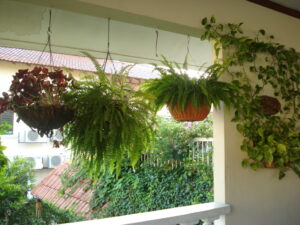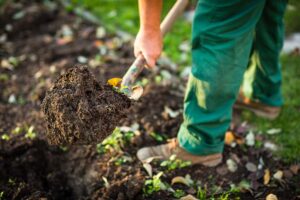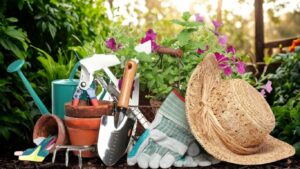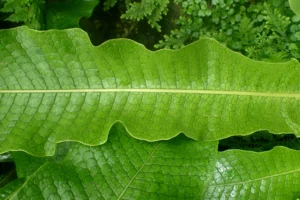Growing an organic garden is more than just a hobby—it’s a rewarding practice that allows you to cultivate fresh, pesticide-free produce while contributing to a healthier environment. Whether you’re new to gardening or a seasoned grower looking to transition to organic methods, this guide will walk you through everything you need to know. From selecting the right plants to maintaining your garden naturally, this comprehensive resource covers all aspects of organic gardening.
On This Page
The Benefits of Growing an Organic Garden
Gardening organically isn’t just about what you grow; it’s about how you grow it. There are numerous benefits to adopting organic gardening practices, both for your health and the environment.
Health Benefits: Fresher, Pesticide-Free Produce
One of the most compelling reasons to grow an organic garden is the health benefit. Conventional gardening often relies on chemical fertilizers and pesticides, which can leave residues on your produce. By growing organically, you eliminate these chemicals from your food, ensuring that what you eat is fresh, healthy, and free from potentially harmful substances.
For instance, a study by the Environmental Working Group found that many conventionally grown fruits and vegetables have pesticide residues even after washing. Organic gardening removes this risk, giving you peace of mind about the quality of the food you and your family consume.
Environmental Impact: Sustainability and Biodiversity
Organic gardening goes hand-in-hand with sustainable living. By avoiding synthetic chemicals, you reduce pollution in the soil and water, contributing to a cleaner environment. Moreover, organic gardens are often more biodiverse, supporting a wider range of plant and animal species.
Biodiversity in your garden can lead to healthier ecosystems where beneficial insects, birds, and other wildlife thrive. These creatures often help control pest populations naturally, reducing the need for chemical interventions. For example, ladybugs and lacewings are natural predators of aphids, a common garden pest.
Cost Savings: Reducing Grocery Bills
While starting an organic garden requires some initial investment, it can save you money in the long run. Growing your own vegetables, herbs, and fruits means fewer trips to the grocery store and lower grocery bills. Additionally, organic produce is often more expensive than conventionally grown options, so growing your own can be a cost-effective alternative.
Personal Satisfaction: Connecting with Nature and Self-Sufficiency
There’s a unique satisfaction that comes from growing your own food. Organic gardening connects you to nature, encouraging mindfulness and patience. It’s also a step toward self-sufficiency, giving you control over what you eat and how it’s produced. This connection to the earth can be incredibly fulfilling, offering both physical and mental health benefits.
Why Organic Gardening is Gaining Popularity
Due to a combination of economic, environmental, and health-related factors, organic gardening has become increasingly popular in recent years. Understanding these trends can help you appreciate the broader context of your organic gardening journey.
Rising Awareness of Health and Environmental Issues
As more people become aware of the potential health risks associated with synthetic pesticides and fertilizers, the demand for organic produce has grown. Consumers are increasingly looking for ways to reduce their exposure to harmful chemicals, and growing an organic garden is a direct way to achieve this.
Similarly, environmental concerns are driving the shift towards organic practices. The negative impacts of conventional farming, such as soil degradation, water pollution, and loss of biodiversity, have led many to seek out more sustainable methods. Organic gardening, with its emphasis on natural processes and environmental stewardship, aligns perfectly with these values.
Growing Trends in Sustainable Living
Sustainable living is more than a buzzword—it’s a lifestyle choice that prioritizes the health of the planet alongside personal well-being. Organic gardening fits neatly into this paradigm, as it emphasizes resource conservation, waste reduction, and a harmonious relationship with nature.
This trend is reflected in the growing popularity of concepts like permaculture and regenerative agriculture, which advocate for farming and gardening methods that restore and enhance natural ecosystems rather than depleting them. By growing an organic garden, you’re participating in a larger movement toward a more sustainable and responsible way of living.
Increasing Demand for Organic Produce
The organic food market has been growing steadily, with consumers willing to pay a premium for products they perceive as healthier and more environmentally friendly. According to the Organic Trade Association, organic food sales in the U.S. reached nearly $62 billion in 2021, a clear indication of the strong demand for organic products.
For home gardeners, this trend means that there are more resources available than ever before. Organic seeds, soil amendments, and pest control products are readily accessible, making it easier to start and maintain an organic garden. Additionally, the popularity of organic gardening has led to a wealth of online resources, communities, and support networks where you can find advice, share experiences, and learn from other organic gardeners.
Getting Started with Organic Gardening

Embarking on your organic gardening journey begins with careful planning and preparation. The first steps are crucial to ensuring that your garden will thrive.
Choosing the Right Location for Your Organic Garden
The success of your organic garden depends largely on where you plant it. Choosing the right location is crucial, as different plants have varying needs when it comes to sunlight, soil type, and space.
- Importance of Sunlight: Most vegetables and fruits require at least 6–8 hours of direct sunlight each day. Choose a location that receives plenty of sunlight, especially during the morning and early afternoon. If you’re gardening in a space with limited sun exposure, consider growing shade-tolerant plants like lettuce, spinach, or certain herbs.
- Soil Type and Drainage: The soil in your garden should be rich in organic matter, well-drained, and loose enough for roots to grow easily. Conduct a soil test to determine its composition and pH level, as this will help you understand what amendments may be necessary. If your soil is heavy clay or sandy, you’ll need to work organic matter like compost into it to improve its texture and fertility.
- Space Considerations: Whether you have a large backyard or a small balcony, you can grow an organic garden. For those with limited space, consider vertical gardening or container gardening, which allows you to grow a variety of plants in a compact area. Raised beds are another excellent option for optimizing space and improving soil quality.
Understanding Your Climate and Growing Season
Your local climate plays a significant role in determining what you can grow and when. Understanding your growing season and how to work within it is key to a successful organic garden.
- How Climate Affects What You Can Grow: Different plants thrive in different climates. For example, cool-season crops like broccoli and kale prefer cooler temperatures, while warm-season crops like tomatoes and peppers need the heat to develop properly. Research the best plants for your climate, and plan your garden accordingly.
- Best Plants for Various Climates: In warmer climates, you can grow a wide variety of vegetables year-round, but you may need to provide shade during the hottest months. In cooler climates, focus on plants that can tolerate frost and shorter growing seasons. You might also consider using season extenders like cold frames or greenhouses to lengthen your growing period.
- Adjusting Your Planting Schedule for Different Seasons: Pay attention to your local frost dates, which mark the beginning and end of your growing season. Plant cool-season crops early in the spring or late in the summer for a fall harvest, and warm-season crops after the last frost date in the spring. Succession planting, where you stagger planting times, can also help maximize your harvest throughout the season.
Preparing the Soil for an Organic Garden

Healthy soil is the foundation of a thriving organic garden. Taking the time to prepare your soil properly will pay off in healthier plants and better yields.
- Soil Testing: Why It’s Important and How to Do It A soil test will tell you the pH level of your soil and whether it lacks any essential nutrients. Most plants prefer a slightly acidic to neutral pH (6.0 to 7.0). If your soil is too acidic or alkaline, you can amend it with organic materials like lime or sulfur to adjust the pH. Soil testing kits are available at garden centers, or you can send a sample to your local cooperative extension service for analysis.
- Amending Soil: Adding Organic Matter, Compost, and Natural Fertilizers Organic matter is key to healthy soil. Add compost, aged manure, or leaf mold to improve soil structure, water retention, and nutrient content. These amendments also encourage beneficial microbial activity, which helps plants absorb nutrients more effectively. For additional fertility, consider using organic fertilizers like bone meal, blood meal, or fish emulsion, which provide essential nutrients without the harmful effects of synthetic chemicals.
- Understanding Soil pH and How to Adjust It for Optimal Growth: Soil pH affects the availability of nutrients to plants. If your soil is too acidic (low pH), you can raise it by adding lime. Conversely, if your soil is too alkaline (high pH), sulfur or peat moss can help lower it. Always follow the recommendations from your soil test when making adjustments, and remember that changes in soil pH can take time to take effect.
Gathering Essential Organic Gardening Tools
Having the right tools makes gardening more efficient and enjoyable. Here are some essential tools you’ll need to get started:
- Basic Tools: Every organic gardener should have a good-quality shovel, hoe, trowel, and pruners. These tools are essential for planting, weeding, and maintaining your garden. Look for tools with ergonomic handles to reduce strain on your hands and wrists.
- Advanced Tools for Larger Gardens: If you’re working with a larger garden, you might consider investing in a wheelbarrow, garden fork, and rake. A watering can or hose with a gentle spray nozzle is also important for watering your plants without damaging them.
- Tips for Maintaining Your Tools: To ensure your tools last for years, clean them after each use and store them in a dry place. Sharpen blades regularly to keep them effective, and consider applying a light coat of oil to metal parts to prevent rust.
By following these initial steps, you’ll be well on your way to creating a thriving organic garden. The foundation you lay now will support the healthy growth of your plants, leading to bountiful harvests and a rewarding gardening experience.

